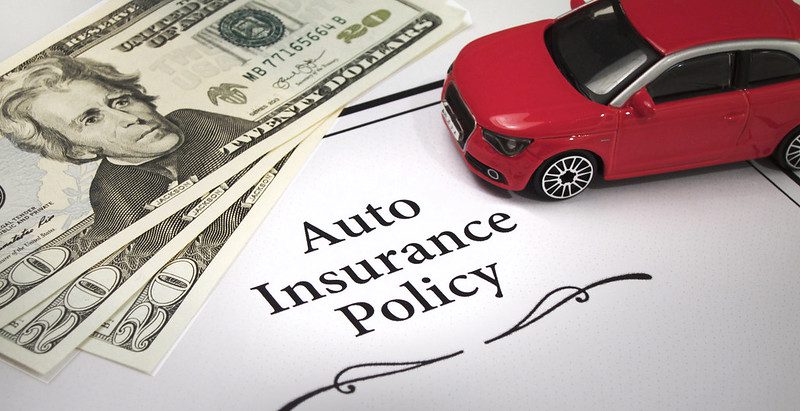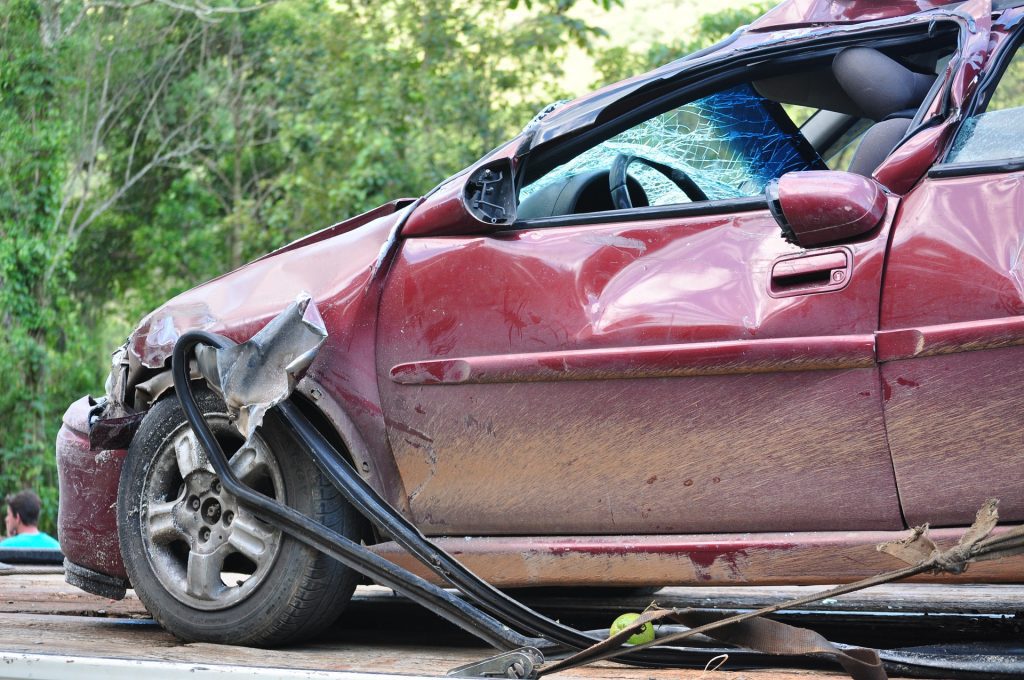

If you haven't shopped around for insurance in more than a year, chances are that you're paying too much for car insurance. There are several factors that can change the cost of your insurance and give you lower premiums than what you're paying right now:
Your car depreciates
Insurance rates are based on the value of your car, so you want to make sure your vehicle’s depreciation is taken into consideration. Ask your insurance provider how much they factor depreciation into your premiums. If they don't, find out the current value of your car and use that as a negotiation tool as you shop around.

Life changes
If you recently got married, you may qualify for discounts on your car insurance policy. If you buy a home, your rates may go down. You can get an even bigger discount if you bundle home with auto insurance.
When your children start driving, that will likely push your rates up. But most insurances offer a discount for multiple drivers. The multiple driver discount might offset some of the sting of having a teenage driver.
One of the best times to shop for auto insurance is right after you’ve had a baby. Since parents usually drive safer vehicles with all the latest safety features, insurance companies tend to offer them lower premiums.
You got older
Statistics show that younger drivers are more likely to cause accidents than older, more experienced drivers. As you get older, your risk level goes down. Most people will see a significant drop in insurance rates at age 25 and another, more modest rate decrease at age 30 or 35. So shop around to see if your birthday nets you some savings on insurance.

You drive less
If you've retired, or you are working fewer days or now work from home, you may get a discount for driving less. If you now drive fewer than 10,000 miles per year, it's likely you're overpaying for the policy you purchased when you drove more frequently. There are a number of reasons you may drive less than you used to. Regardless of the reason, ask your insurance providers if they offer discounted rates for low-mileage drivers.
You've moved
Your location is one of the key factors of determining your driving risk and thus impacts your insurance premiums. If you live in a densely populated area where there many drivers means more traffic accident and possibly a higher rate of vehicle theft, so your rates may go up. But if you've moved to a small town with fewer drivers, fewer accidents and less vehicle theft, expect to pay less.
Your credit score has improved
Your credit score is a number that shows how responsible of a borrower you are. You'll likely see it on your credit card bill or bank statement. It ranges from 300-850. Anything above 700 is considered good. Above 800 is considered excellent.
Insurance companies use your credit score as an indicator of how responsible of a driver you are. Research shows that those who go from a fair credit score to a good credit score can save an average of 17% on car insurance each year. So, if you've been working to pay off debt and put aside money for savings, chances are that your credit score has also been improving. If that's the case, it's time to renegotiate your insurance policy with your agent.
If any of these changes apply to you, start shopping around for cheaper insurance. There are a few other ways you can bring the cost of insurance down.
First, increase your deductible. Insurance is a betting game. A low deductible means you're betting you're likely to get into an accident. If you don't have any accidents, you lose the bet and you just spent a lot of money on high premiums. Bet on your good driving skills and raise your deductible to, say $5000, or whatever you're comfortable with. Put the money you save with lower premiums into a savings account until you have enough saved up to cover yourself should you have an unfortunate accident.
Second, reduce your coverage. Do you really need full coverage for an older car? Add up the difference in the cost of high premiums for comprehensive insurance together with the deductible. If your car is worth less than that, you should consider dropping comprehensive coverage altogether and just carry liability insurance.
Finally, ask about discounts. Insurance companies usually give discounts for your teenage drivers if they get good grades. If it's been more than three years since you've had a traffic citation you likely qualify for a safe driver discount. You might also get a discount if you are over 65 and take an accredited safe-driving course for senior drivers.
Bottom line: rising insurance costs can really eat into your budget, so you owe it to yourself to see if you can't bring the cost of insurance down.